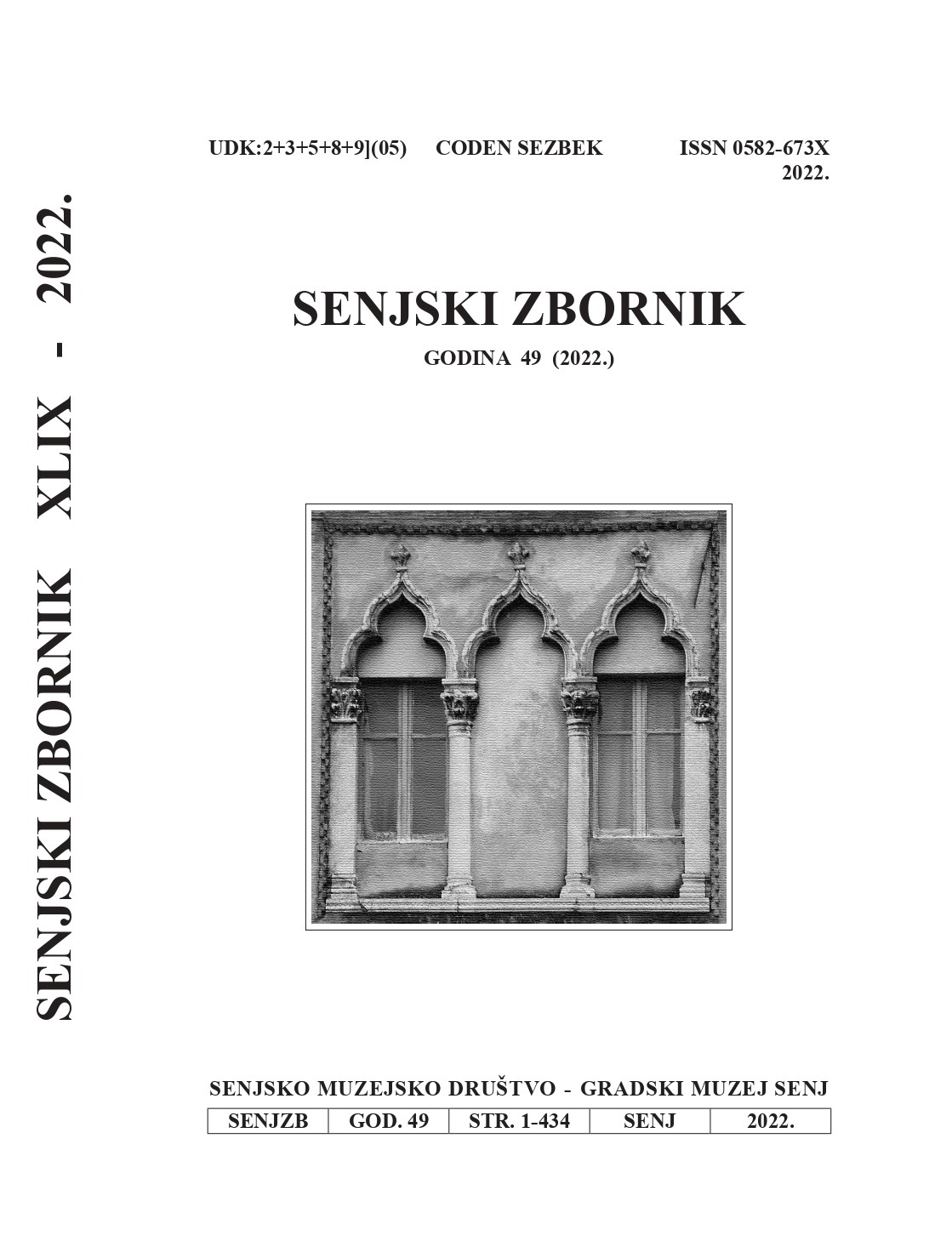Senj i izbori za Hrvatski sabor u kontekstu razvojačenja
Senj and the Elections for the Croatian Parliament in the Context of Demobilisation
Author(s): Stjepan MatkovićSubject(s): Local History / Microhistory, Military history, Political history, Social history, Electoral systems, 18th Century
Published by: Senjsko muzejsko društvo i Gradski muzej Senj
Keywords: Senj; Military Frontier; demobilisation; Croatian Parliament; parliamentarianism;
Summary/Abstract: With the fall of the absolutist administration and the restoration of constitutionalism in the Banovina of Croatia (1860-1861), the question of holding the Croatian Parliament once again came to the fore. According to the electoral rules, the town of Senj had the right to two representatives, and the Senj Chapter to one representative. Thereby a similar arrangement of representation was adopted as in the elections for the first representative parliament in 1848, to which Senj sent the same number of representatives. At the same time, a significant part of the Croatian political public also demanded that the issue of separating Senj from the Military Frontier be raised. During the parliamentary sessions, the representatives in a special petition asked the king to abolish the military administration in the town of Senj and that its status of a free royal town was recognised, which gave the Senj issue one of the most visible places in the parliamentary work. In this petition, they specifically referred to Rijeka, which had made significant progress under civilian administration, whilst Senj was constantly deteriorating under military administration. Thereby, the problem of Senj was seen in the context of a wider economic and transport policy that mirrored the power relations upon the construction of the Austro-Hungarian order. According to the temporary law on the electoral order for the Parliament of the Triune Kingdom from 1867, the town of Senj had the right to one representative, which was a consequence of the significantly reduced total number of parliamentary representatives before the Croatian-Hungarian Settlement. After the abolition of the military administration (1871), Senj always had its own constituency, and its electors elected one member of parliament. In addition, the bishop of Senj also held a secure place amongst the virilist members. The grand prefects of Rijeka and, from the 1880s, Lika-Krbava counties, where Senj was located, also received ban invitations. Despite the limited right to vote, the results reflected the ratios of power of the leading political currents, which, due to the decline of economic power, went in favour of the opposition representatives from the ranks of the Party of Rights. Finally, amongst the representatives of Senj there were people who were not born in Senj, however, the success of people from Senj was also recorded in other constituencies.
Journal: Senjski zbornik - prilozi za geografiju, etnologiju, gospodarstvo, povijest i kulturu
- Issue Year: 49/2022
- Issue No: 1
- Page Range: 31-56
- Page Count: 26
- Language: Croatian

